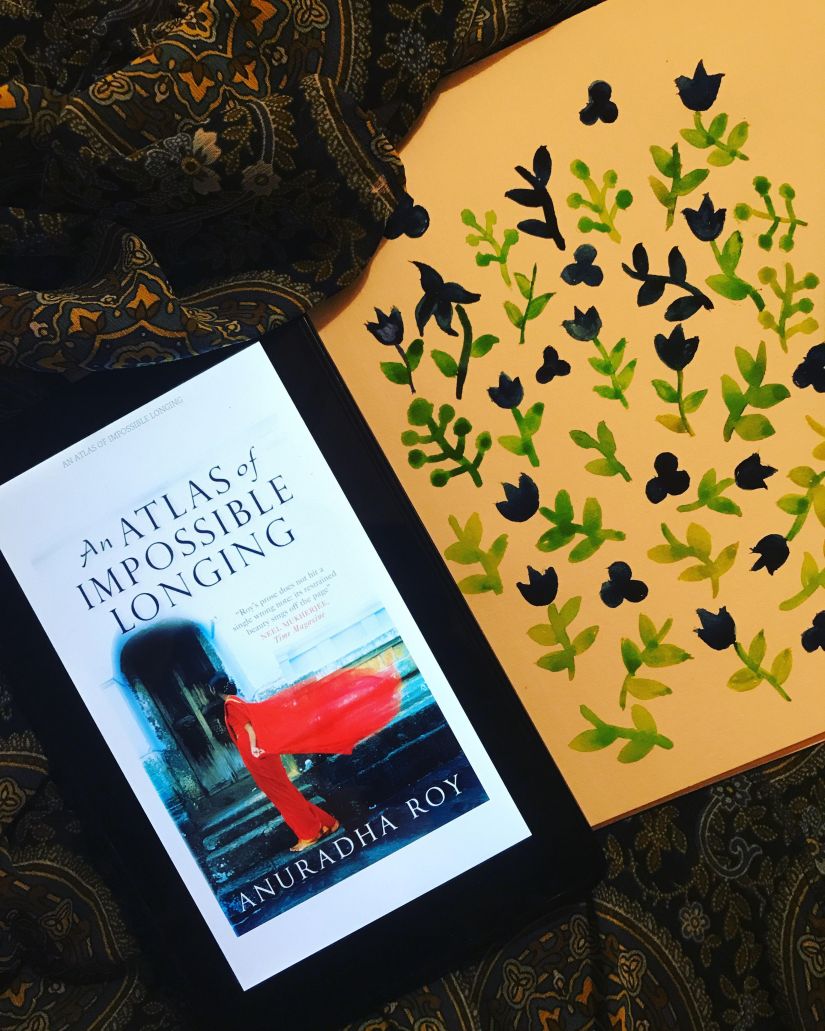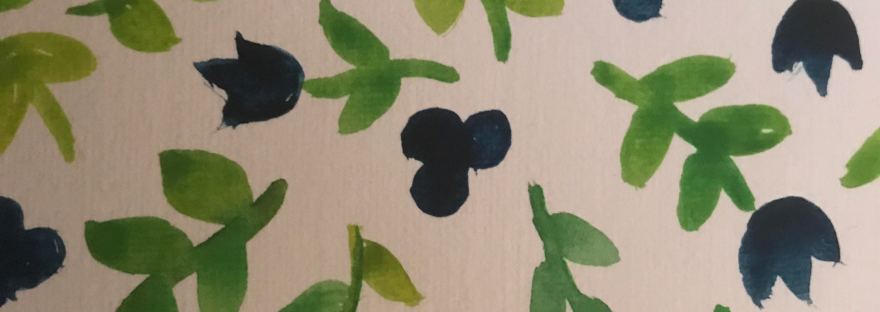Amulya Babu decides to build a house in the dilapidated town of Songarh, far away from the humdrum of Calcutta. The quietness of this town and their house affects the mental state of his wife Kananbala which manifests in the form obscenities that she hurls at people, even though she is not aware of it herself. To maintain her dignity, Amulya basically locks her inside the house. Their son Nirmal, loses his wife Shanti during childbirth. He can barely bring himself to look at his daughter, Bakul who painfully reminds him of his wife, and distances himself from her, often taking remote assignments with the Archaeological department. Bakul, almost an orphan is brought up by Meera, a widowed distant relative of the family; along with Mukunda, an orphan who is supported by the family and the secret of whose birth was buried with Amulya Babu’s death. Since Mukunda is casteless, his friendship with Bakul is often frowned upon, especially by Manjula, Nirmal’s elder brother Kamal’s wife. As soon as they reach adolescence, Mukunda is sent away, for the fear of something stronger than fridnship developing between the two. But will distance make the hearts grow apart as well? Years later, Mukunda, comes back to save the house for them, the only house he knew at home. Will his homecoming also mean a closure for him and Bakul?

My thoughts on the book:
Strong concept of “House”
Roy has placed a lot of emphasis on “house”. A house is of value to humans because of its worth as real estate. It offers financial security as well as the relief of having a roof on the head, come rain or sun. It also ignites a feeling of belonging in human beings. Mukunda is angry at having been driven away from the only home he knew. He finds great joy with his family, mainly because now he has a place to come back to after a day’s work. It is a house that causes rift between Nirmal and his brother Kamal, and despite all his anger Mukunda decides to save it from being sold. It is also a house that is in complete shambles in Monoharpur, where Bakul feels the closest to her departed mother and hence refuses to part with after her grandfather’s death. That a structure of bricks and cements could engender such profound feelings in humans is astonishing. Roy has done full justice to the material as well as the metaphorical aspect of “house”.
Nuanced description of lifestyle of the era
The set up of a Bengali family has been beautifully laid out. The Indian readers can actually imagine watching a Bollywood movie set in earlier nineteenth century (Hint: Devdas), where there is a huge house with long corridors, many rooms, magnificent chandeliers and french windows. Since it is a Bengali household, fish forms a staple part of the diet and paan is always available for refreshment. Women are always dressed in sarees. The terms like “bouma” and “dada” offer more flavour and authenticity to the story. I was also very happy to note that she uses Calcutta, the erstwhile name of the city of Kolkata and not its current name.
Stretched third part of the story and over – emphasis on Mukunda’s character
“Want, want, hope, hope,” the astrologer parroted, “this is what your palm says too, moshai, your palm is nothing but an atlas of impossible longings.
The third part of the story is told from Mukunda’s perspective. At times it feels to be unnecessarily stretched out. He is a man who is angry of his past. He is an orphan, and has no knowledge of his parents. Since the caste system is very prevalent during that era, he is always ostracised by the society because his caste is not known. This is also a reason he had to part from Bakul, a loss he is never really able to overcome. Due to his bitterness and impulsiveness, he is prone to making brash decisions and judgements, the repercussions of which come to haunt him later. There are also often too many coincidences which do take the narrative forward, but at times it is not very convincing. Since the author has not spent a lot of words on developing other characters and has always let the story be the focus, this one seems an anomaly and a tad bit unnecessary.
Under developed characters- Meera in particular
I feel that Meera’s character lacked closure. She raised Bakul and Mukunda. She and Nirmal harboured feelings for each other, feelings that they themselves were scared to identify and acknowledge. The relationship between a widow and a widower, who was also a distant relative, would have definitely raised scandal of an unprecedented scale. The society would have shunned both of them. So, she decided to leave quietly from everyone’s lives. Towards the end, when all loose ends are being tied together, I wish her story had been provided a more definitive closure as well.
This novel transports the readers to the Bengal of early twentieth century. While the muti generational saga does lose its plot sometimes, it triggers strong nostalgia amongst the readers.
Overall rating: 3.5/5
